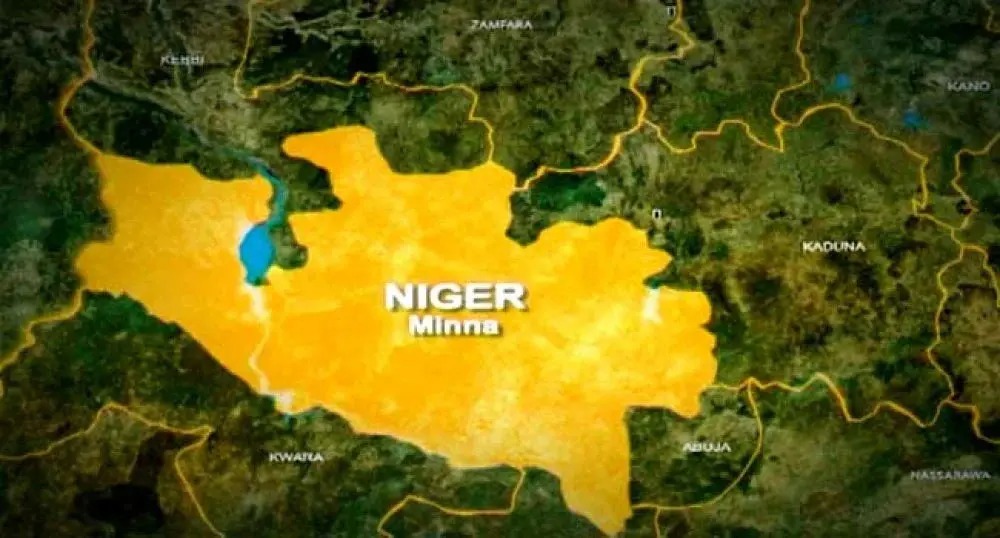A tragic boat accident occurred in the Mokwa Local Government Area of Niger State, claiming the lives of at least 150 passengers feared missing. The boat, which was overloaded with more than 300 individuals—predominantly women and children—capsized while en route to a Maulid celebration. This devastating incident unfolded on a Tuesday night while the passengers were traveling from the Mundi Community to the Gbajibo Community, marking a somber occasion meant for celebration. The accident has highlighted not only the dangers of overcrowded vessels but also the vulnerabilities of communities that rely on water transport for cultural and festive gatherings.
The Director General of the Niger State Emergency Management Agency (NSEMA), Alhaji Abdullahi Baba-Arah, confirmed the details of the tragedy. According to his statement, the boat capsized around 8:30 PM on October 1, 2024, along the River Niger, upstream of the Jebba Dam. This incident occurred during a significant cultural event that traditionally draws large crowds. Baba-Arah noted that the rescued passengers were primarily from Mundi Community, emphasizing the communal nature of the journey and the devastating impact of the accident on the local population.
Rescue operations began soon after the incident was reported, showcasing a coordinated effort among various agencies and local volunteers. The NSEMA is leading the search and rescue mission alongside the State Ministry of Transport, the Mokwa Local Government Emergency Committee, and local divers. The response has been commendable, with local volunteers playing a crucial role in efforts to locate survivors amid the chaos. As of now, more than 150 individuals have been successfully rescued, which provides a glimmer of hope in an otherwise tragic situation.
Baba-Arah has reassured the public that the search and rescue operation is ongoing, with continued efforts to locate any remaining survivors. He underscored the importance of community involvement in the rescue efforts, highlighting the vital role local divers and volunteers have played. While the search continues, there is an urgent need for enhanced safety measures and regulations regarding boat travel, especially during large gatherings that involve substantial numbers of passengers. This incident serves as a tragic reminder of the potential risks associated with inadequate safety protocols in water transport.
Updates regarding the rescue efforts and further information about the passengers are expected to be communicated to the public as the situation evolves. The ongoing investigation into the causes of the accident may lead to significant discussions about transportation safety and regulations within the region, potentially prompting necessary reforms to prevent similar incidents in the future. Community leaders and government officials may be pressed to address the increasing prevalence of overcrowded boats and ensure that such tragedies do not recur.
In conclusion, the Mokwa boat accident marks a profoundly devastating event for the affected communities, as families face the pain of uncertainty and loss. The swift actions of local responders and the NSEMA are crucial during this difficult time, providing hope for the recovery of missing individuals. The situation highlighted not only the dangers associated with water travel in overcrowded vessels but also the importance of safety measures that can protect vulnerable populations during cultural and communal gatherings. As rescue efforts continue, the focus shifts towards recovery and honoring the memory of those who have been lost in this tragic event.


